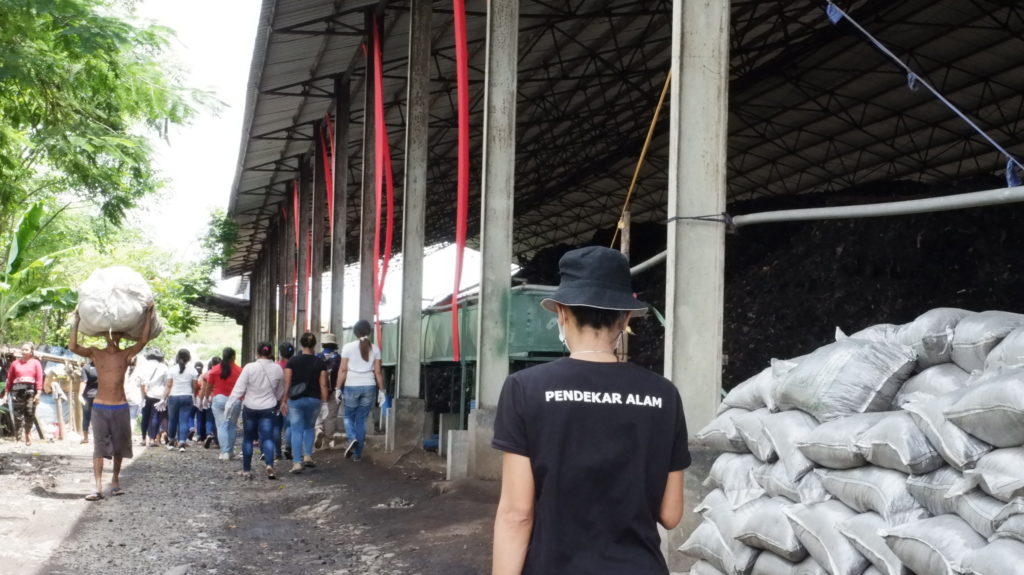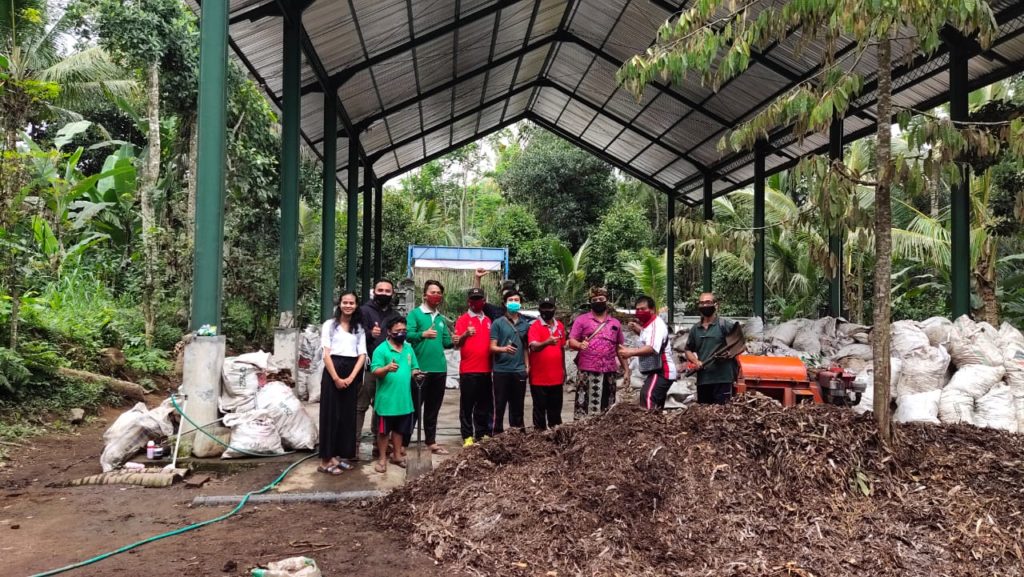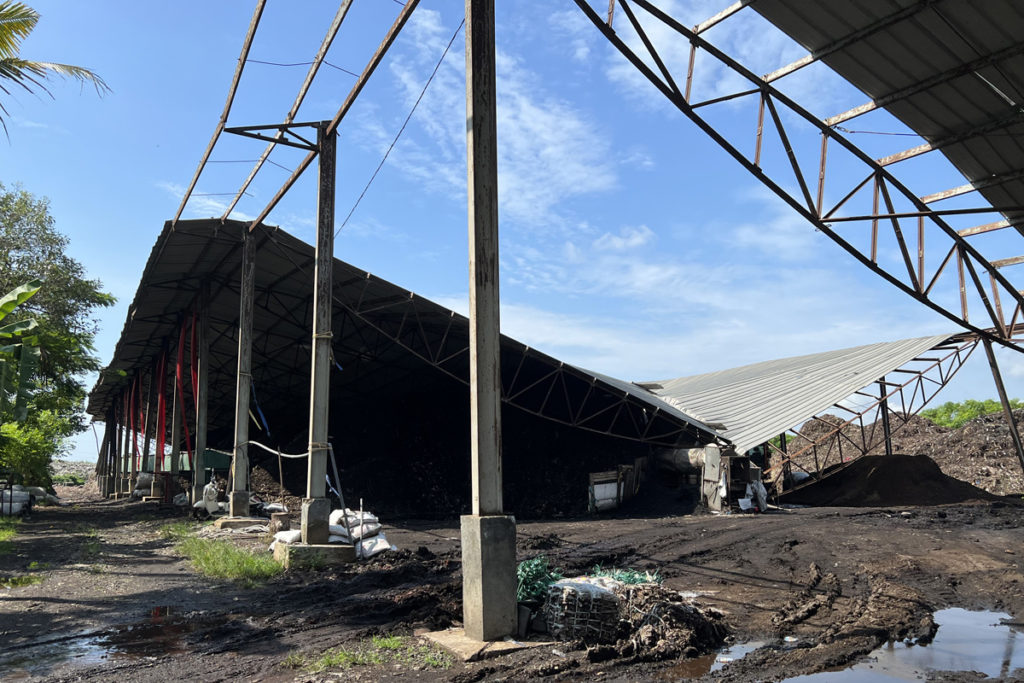Bali is beautiful.
And, Bali is ugly.
Despite the island’s sacred springs and water temples, the thousand-year-old waterways are dumping grounds for trash. The rivers are overrun with plastic as locals dump their garbage into the ancient water system which then drains into the rivers and out to the ocean. During the rainy season from October to March you can barely walk on the beaches as they are covered in plastic. Instead of recycling, most people burn their plastic, diapers, and rubbish along the roadside, sending a plume of poisonous toxins for all to breathe. Surfers complain of the plastic floating in the waves. The most famous surfer in the world, Kelly Slater, called out Bali years ago for its pollution problems.


There has been some progress over the years. Groups like EcoBali (https://eco-bali.com/), Sungai Watch (https://sungaiwatch.com/), ByeBye Plastic Bags, and MPH Bali (www.mph-bali.org) has different approaches and ways to tackle Bali’s pollution problem.
The last one, MPH Bali, whose co-founder spoke recently at The Bridge Talk, builds community-owned material management facilities that help enforce separation, build and operate and handover infrastructure. They already have 13 facilities that are tied into a network and partnership.
MPH Bali is currently focusing on the waste in Kabupaten Gianyar, which is known to have the most mismanaged waste hotspots across the region. The mismanaged waste causes river pollution and results in five ocean plastic leakage points up to 8000 kg /day. MPH Bali has monitored the materials since January 2019 with a total 24,747 tons recycled in Gianyar region, they are the biggest contributor to reducing plastics in the ocean and the biggest compost producer in the region.
To manage more materials, MPH Bali is currently building 20+ villages facilities and has kickstarted the Material Recovery Facilities (MRF)/Tempat Pengolahan Sampah (TPS 3R(Reduce, Reuse, Recycle) movement in Bali.
The network of MPH’s village facilities is connected to a central hub and recycling plant, Temesi Recycling. The 12-year-old composting plant and the region’s biggest waste bank manage between 30 – 50 tons per day. Combined the MPH village facilities and the central plant Temesi Recycling process over 100 tons per day. However, the old 5,000 m2 large roof at Temesi Recycling just got destroyed by a tropical storm and urgently needs to be rebuilt.
A 350 m2 roof is being offered as a quick fix, so the people who work there at least have some shade from the sun and can sit in a cooler environment.
The total amount of funds need to fix the roof is 580 million IDR, while the government can only provide 200 million IDR, Temesi Recycling needs more donors to help the facility and the people there.
One step forward, two steps back. That seems to be the norm for garbage management. A little help here and there may be exceptionally precious to keep the beauty of the island.
The team around MPH is raising awareness and raising funds, to take ownership and to rebuild the entire Temesi Recycling facility. MPH and Temesi’s team understand that processing and selling 85 tons/ day, will recycle materials worth 22 Milyar Rupiah/ year (1.8 million USD$/ year). Please help us reach our recycling goals and dreams. We are looking for grants, donations, impact investors.

